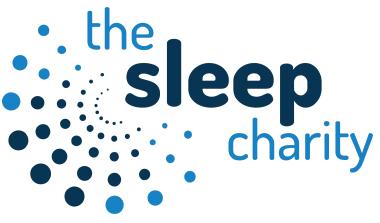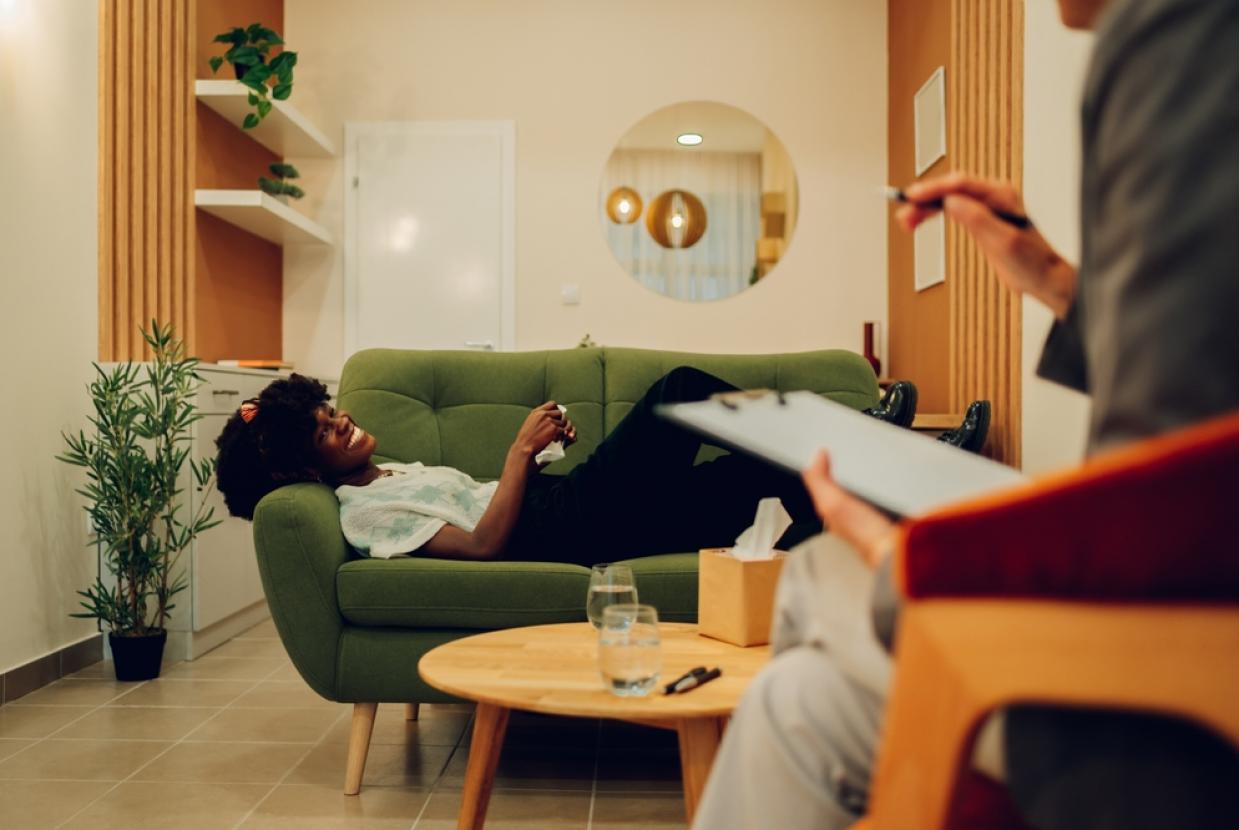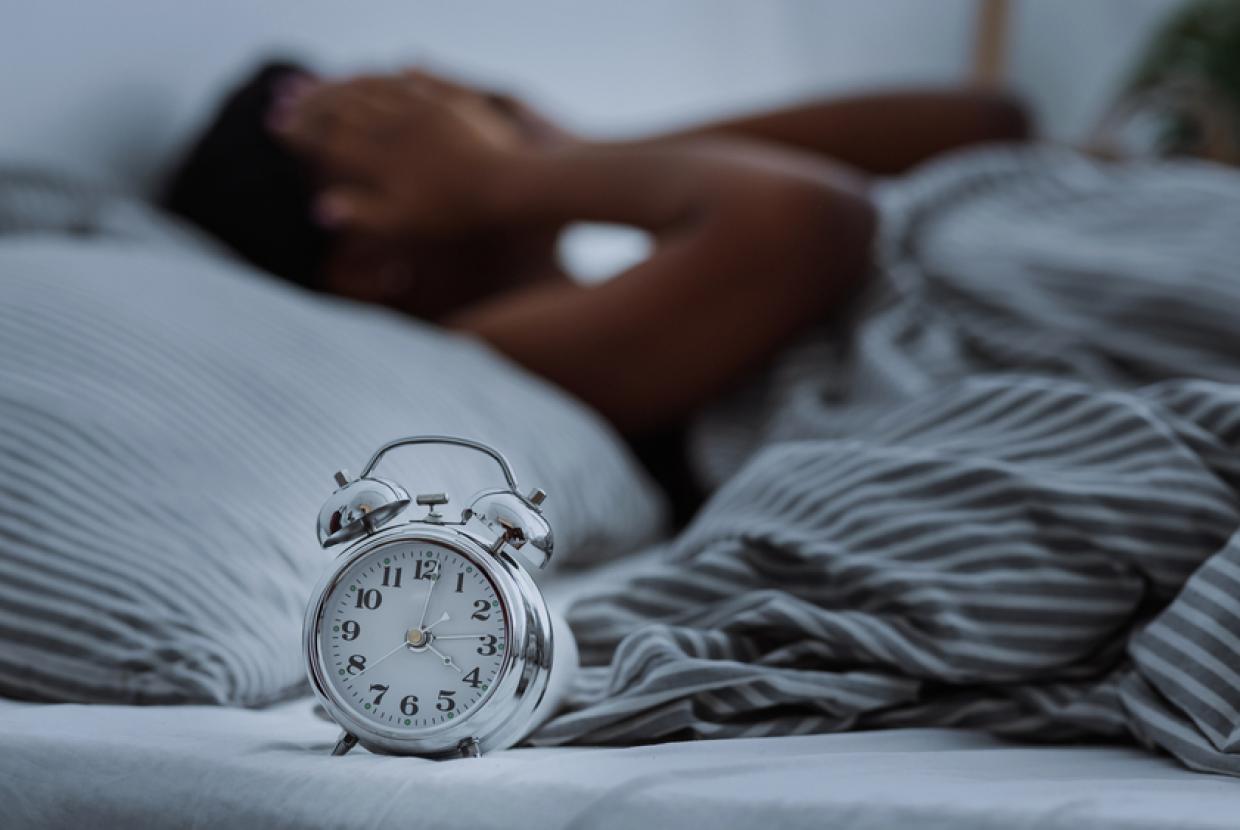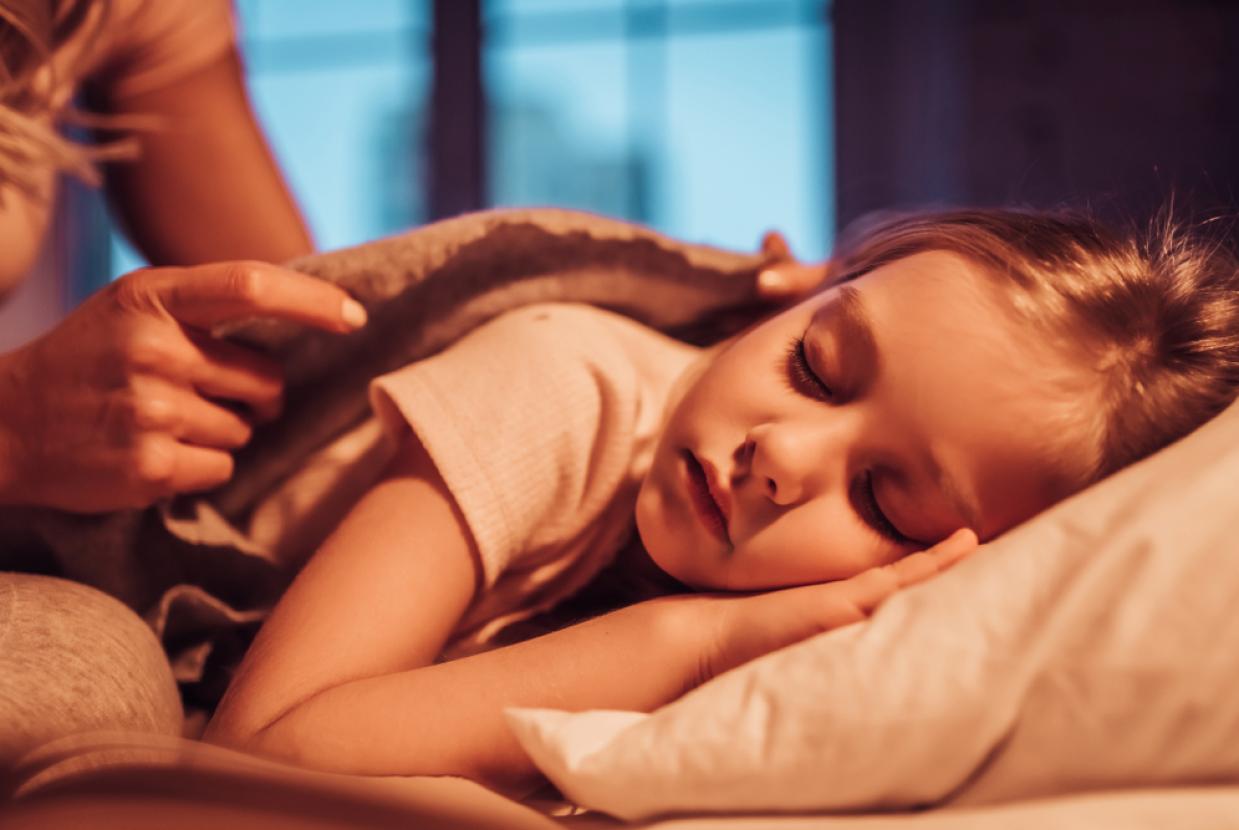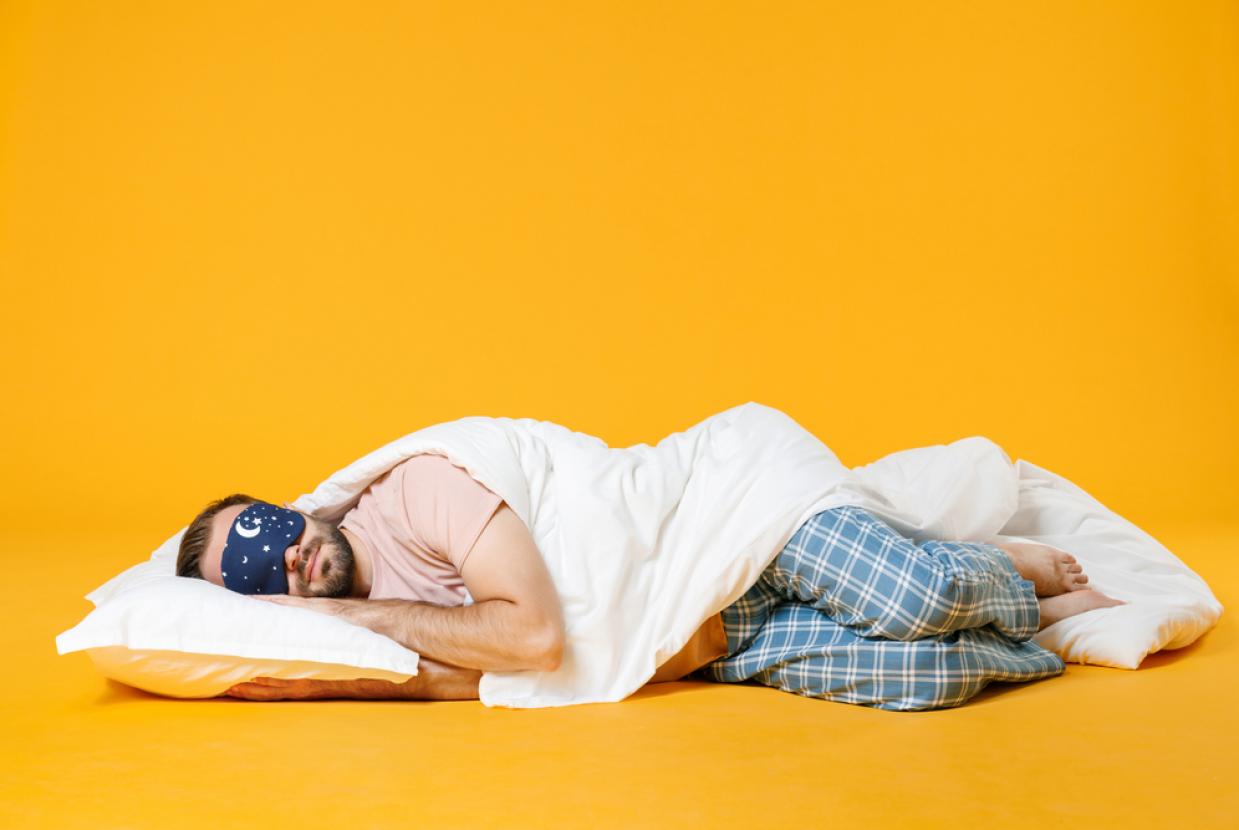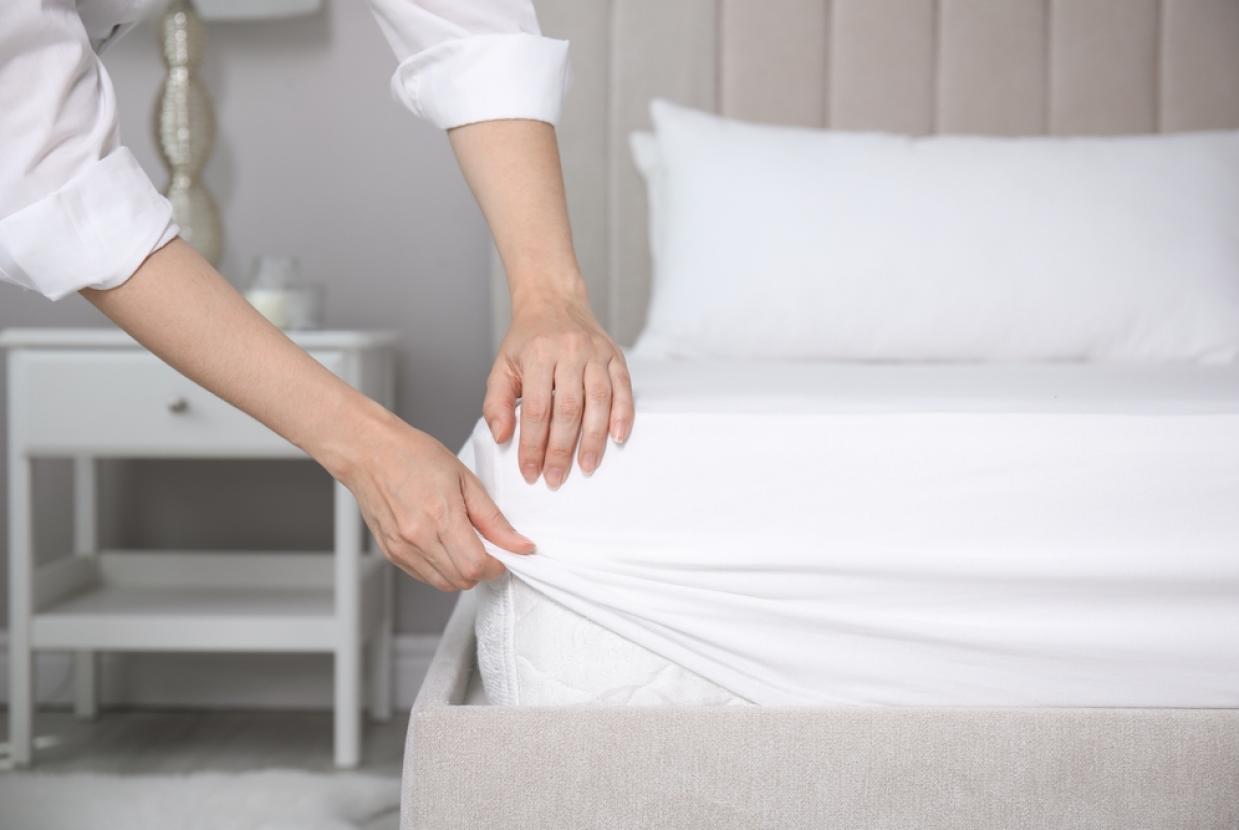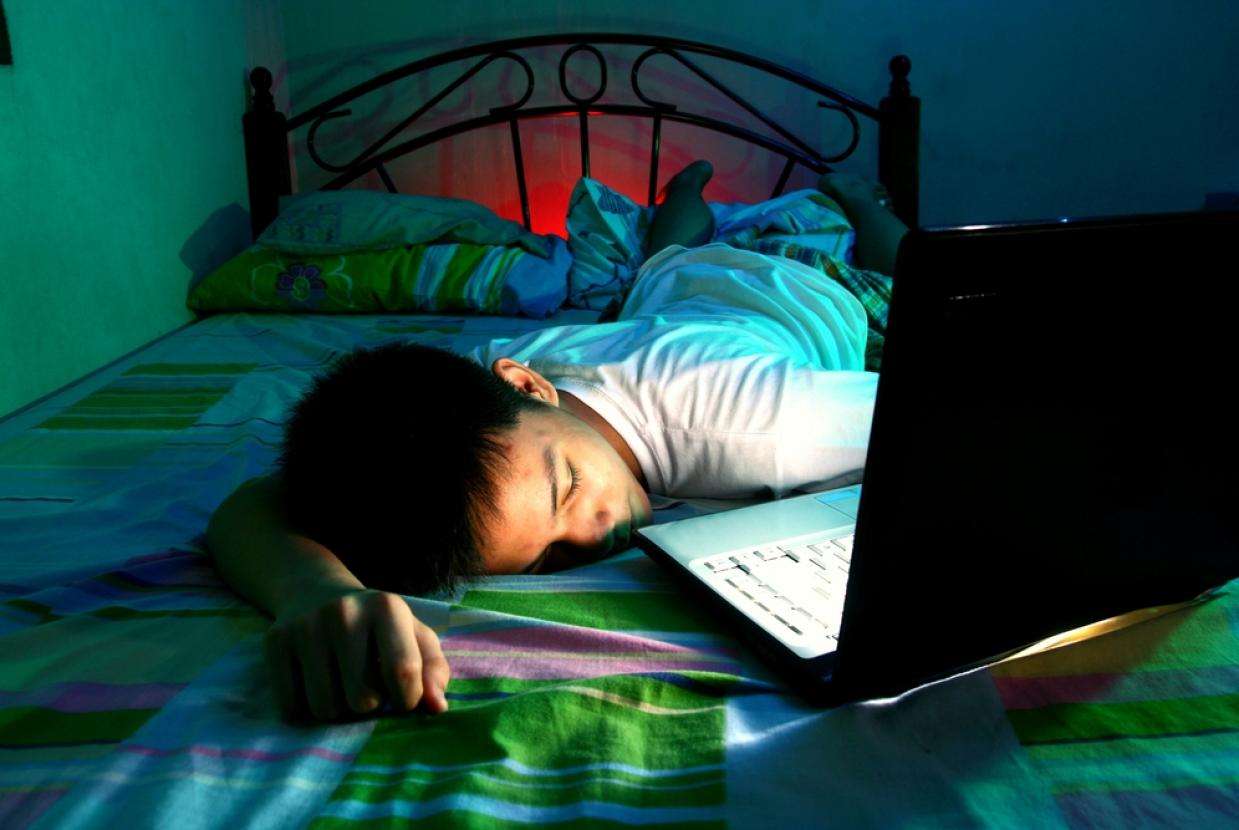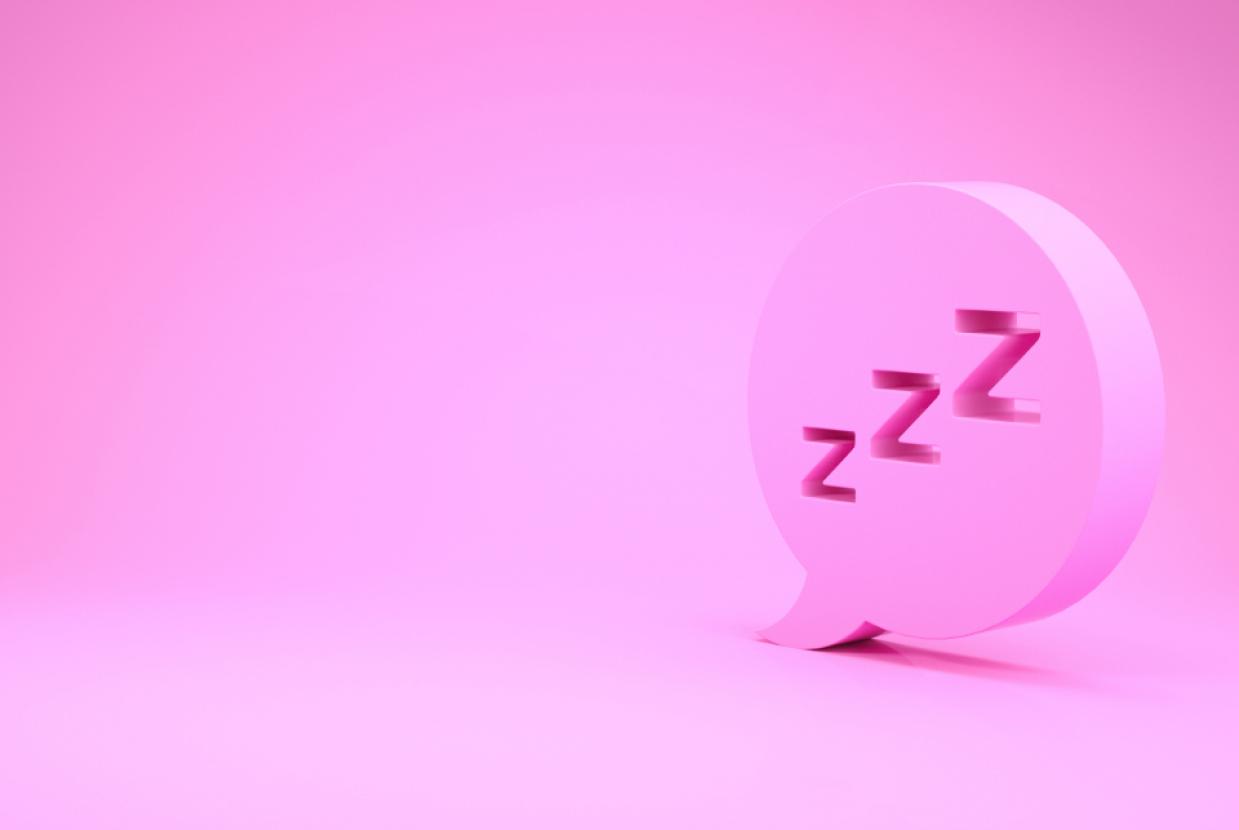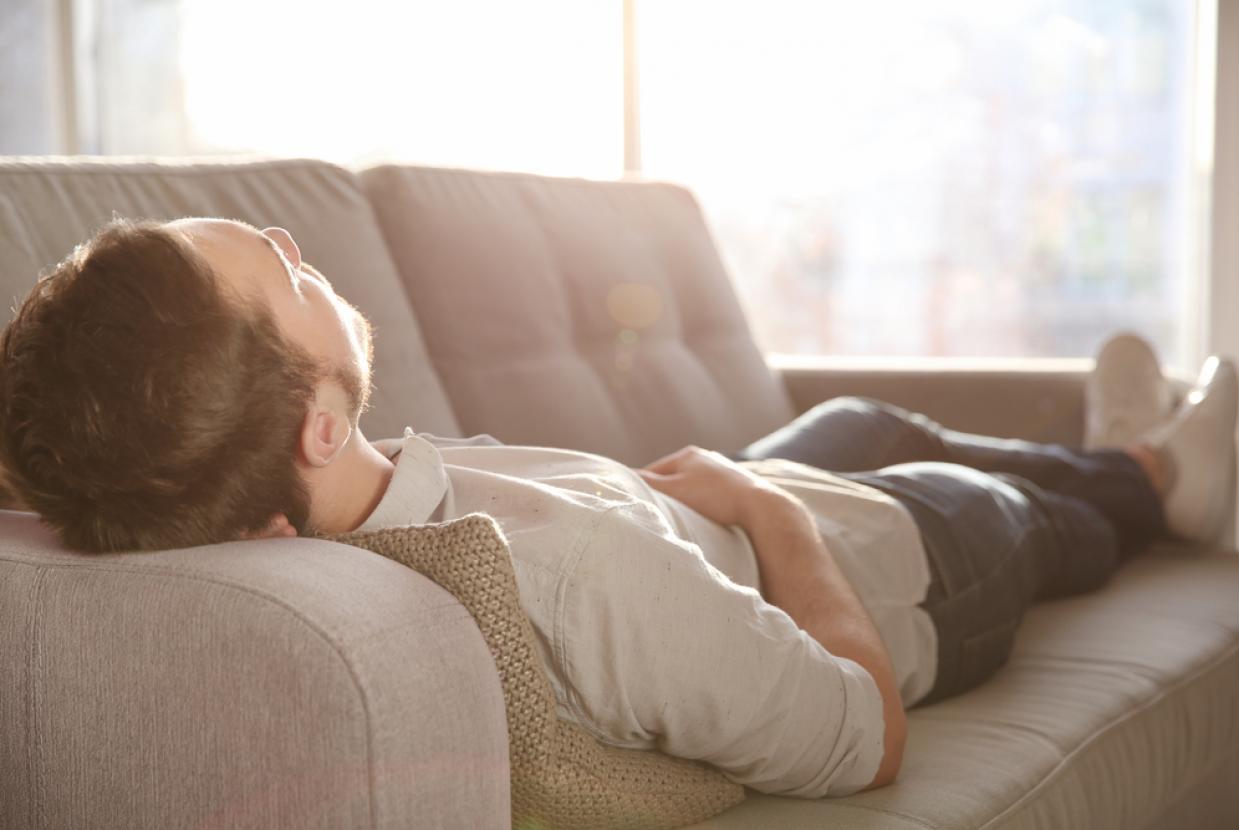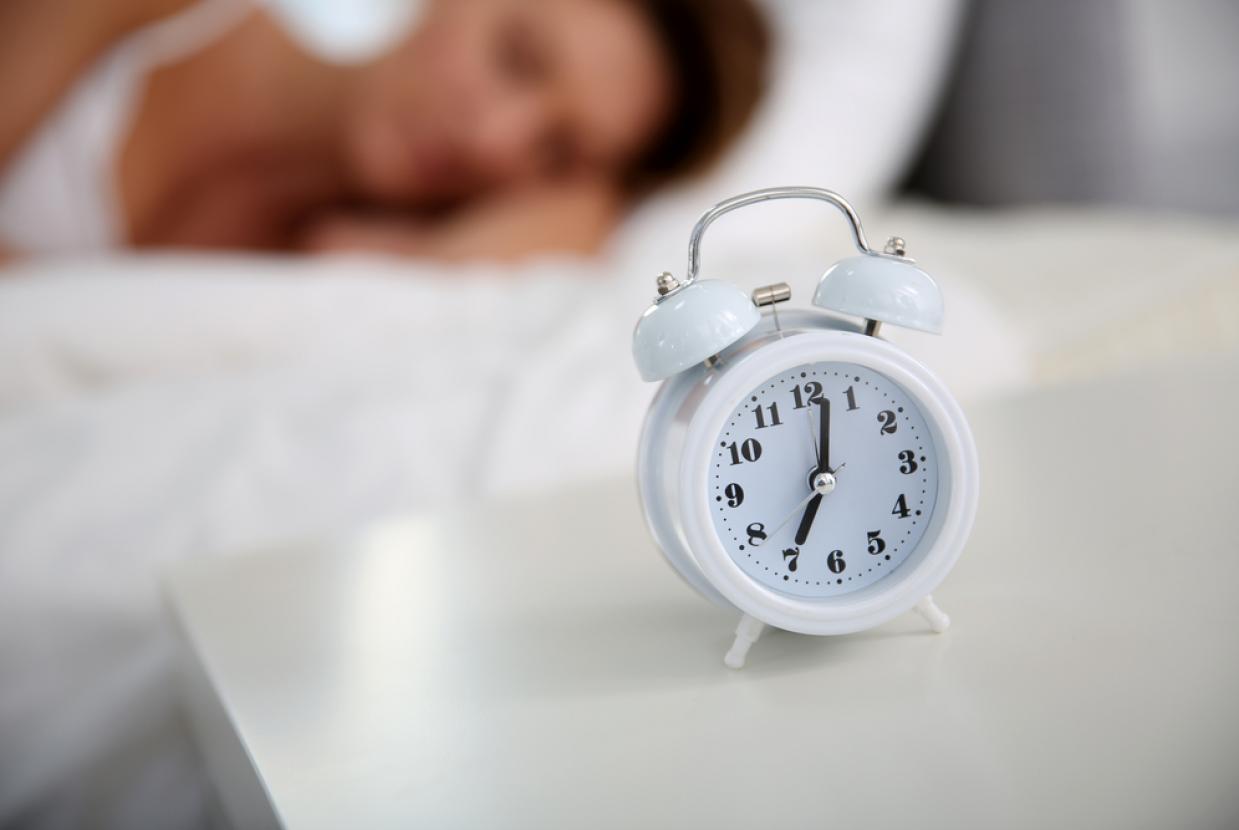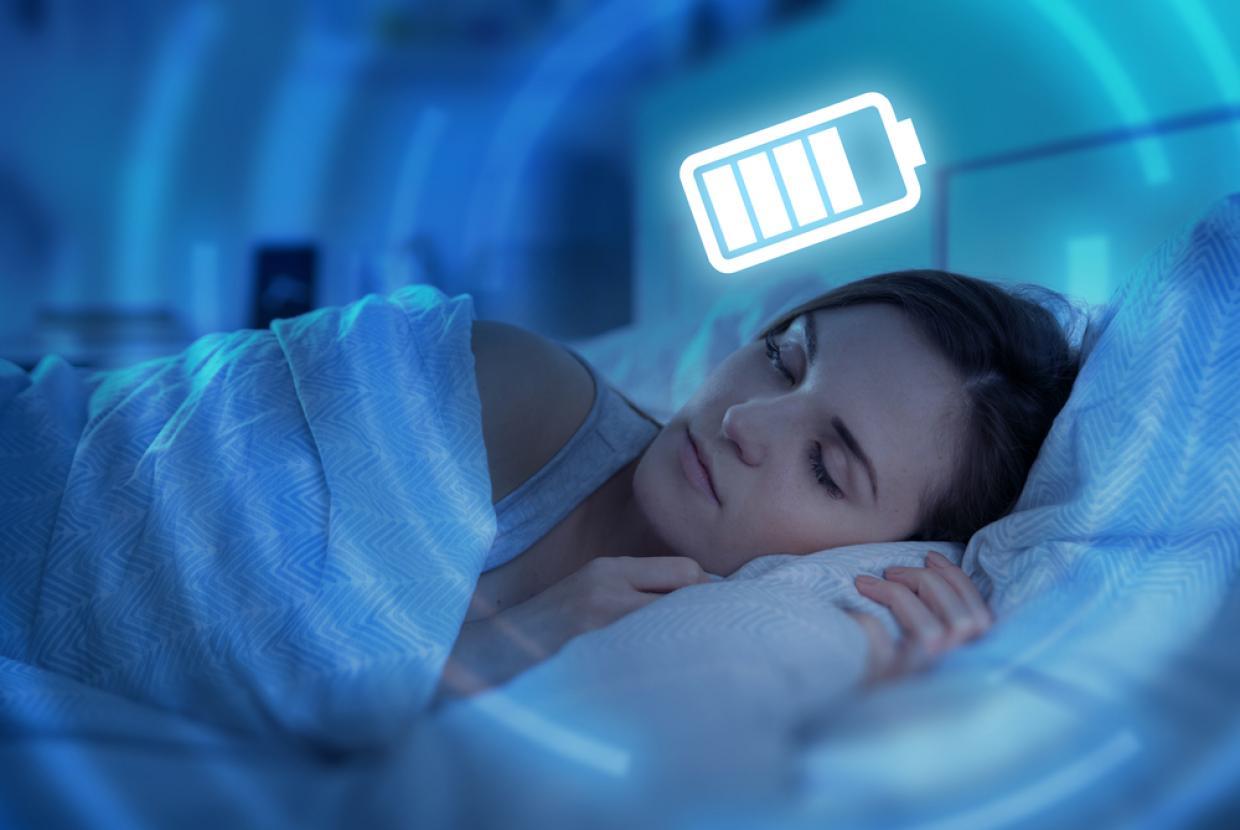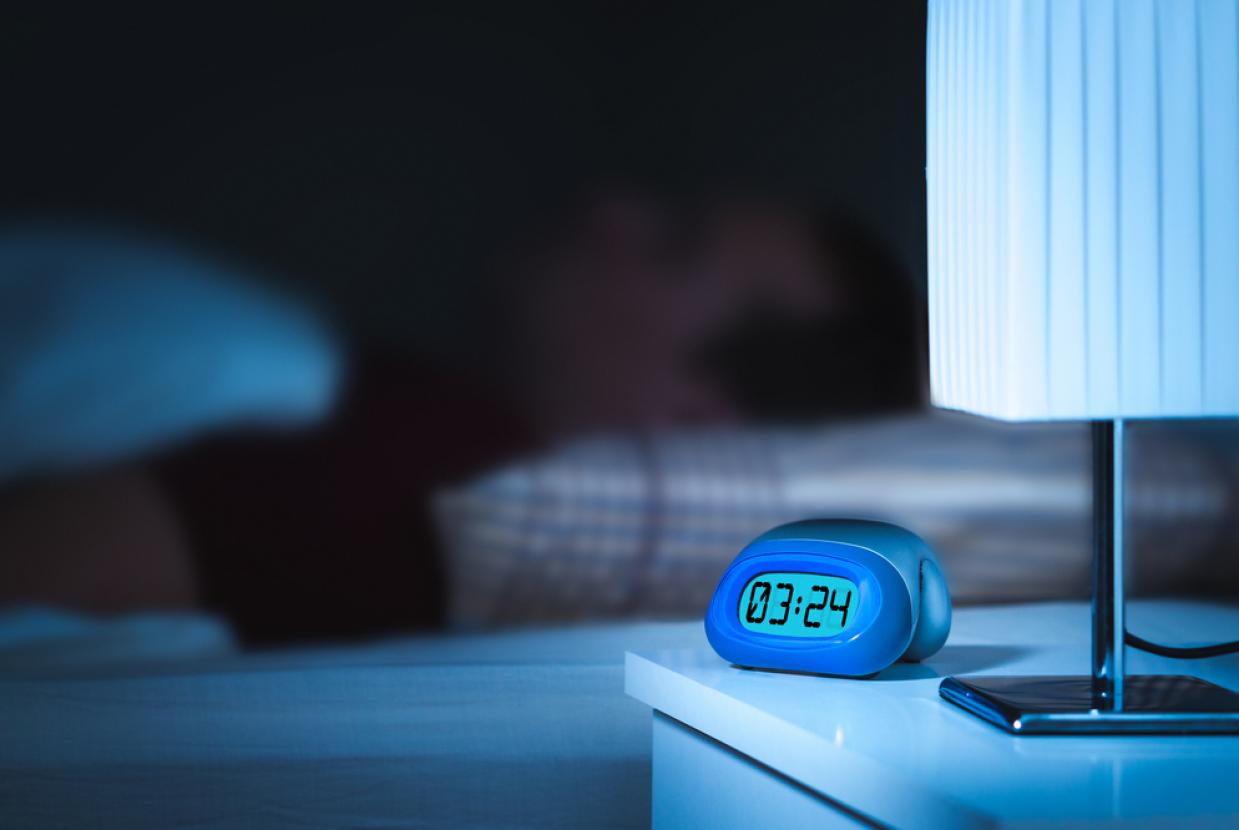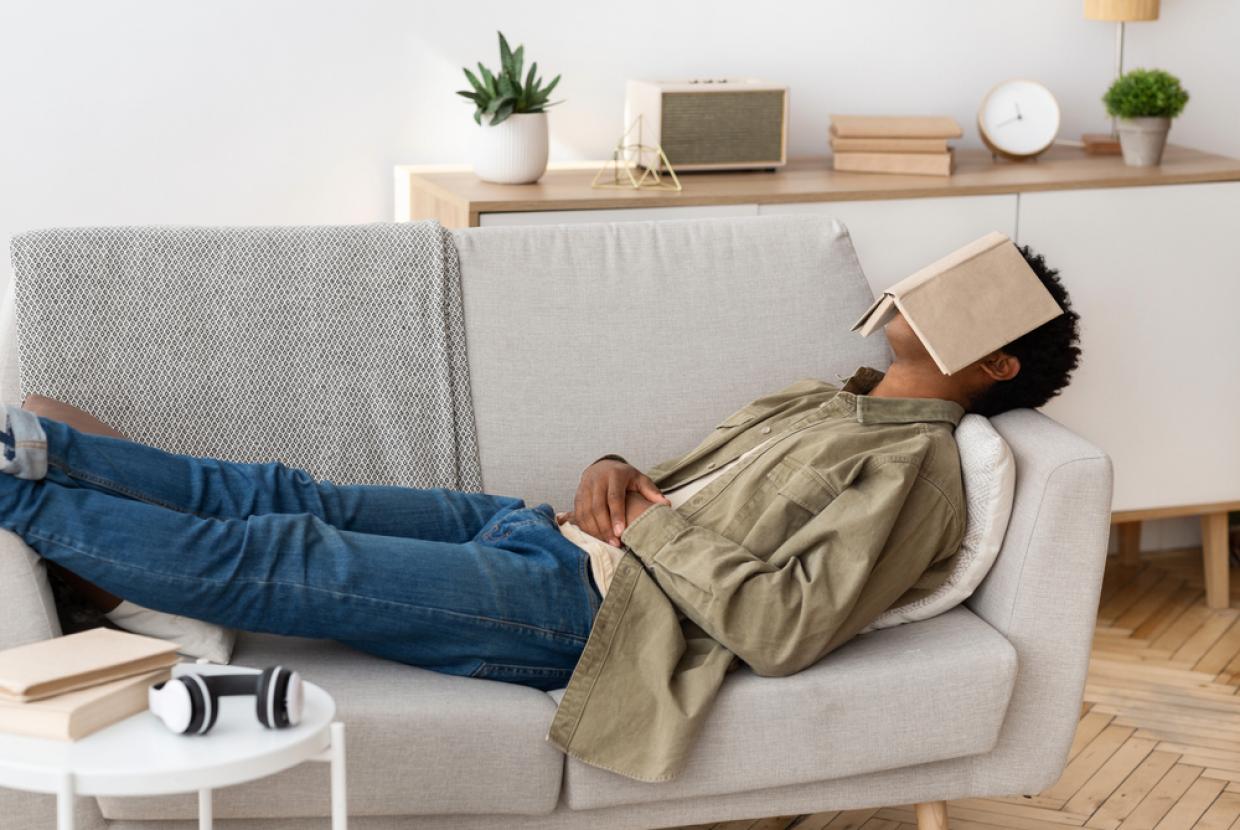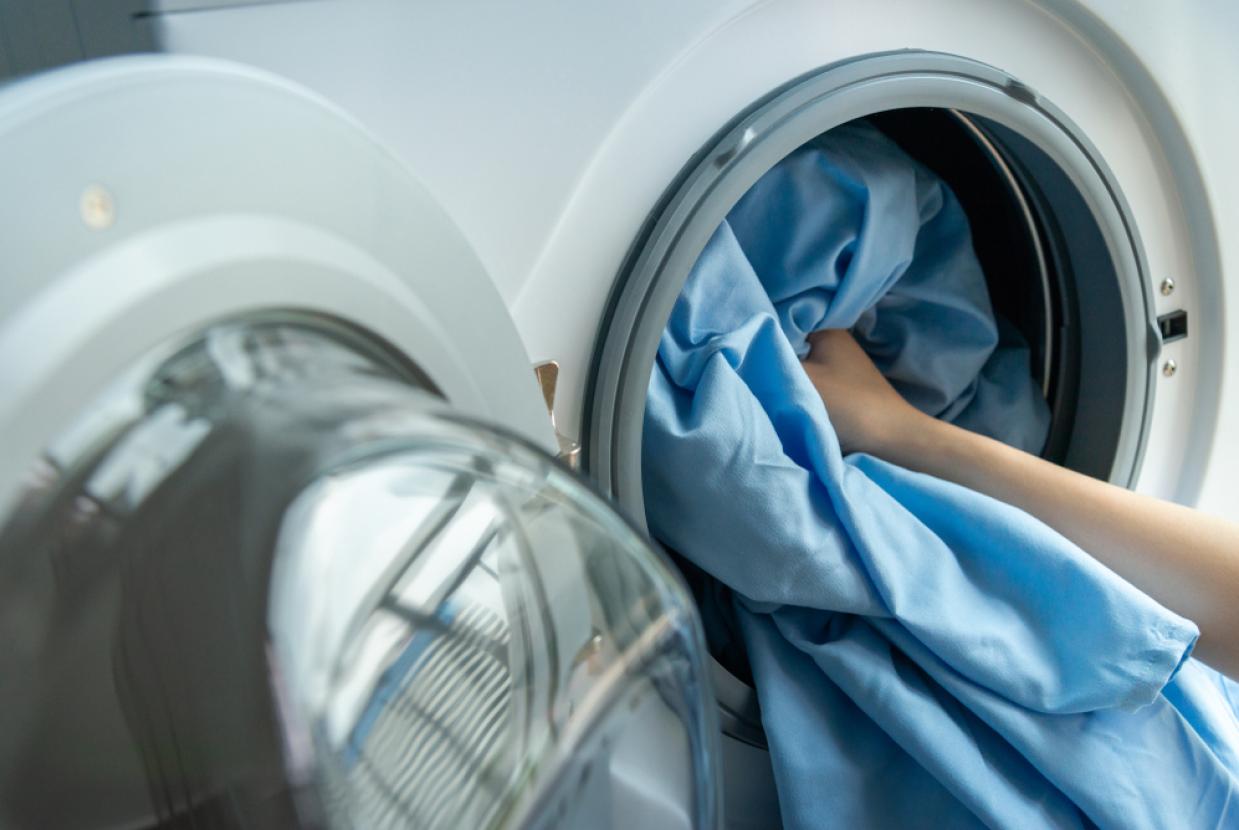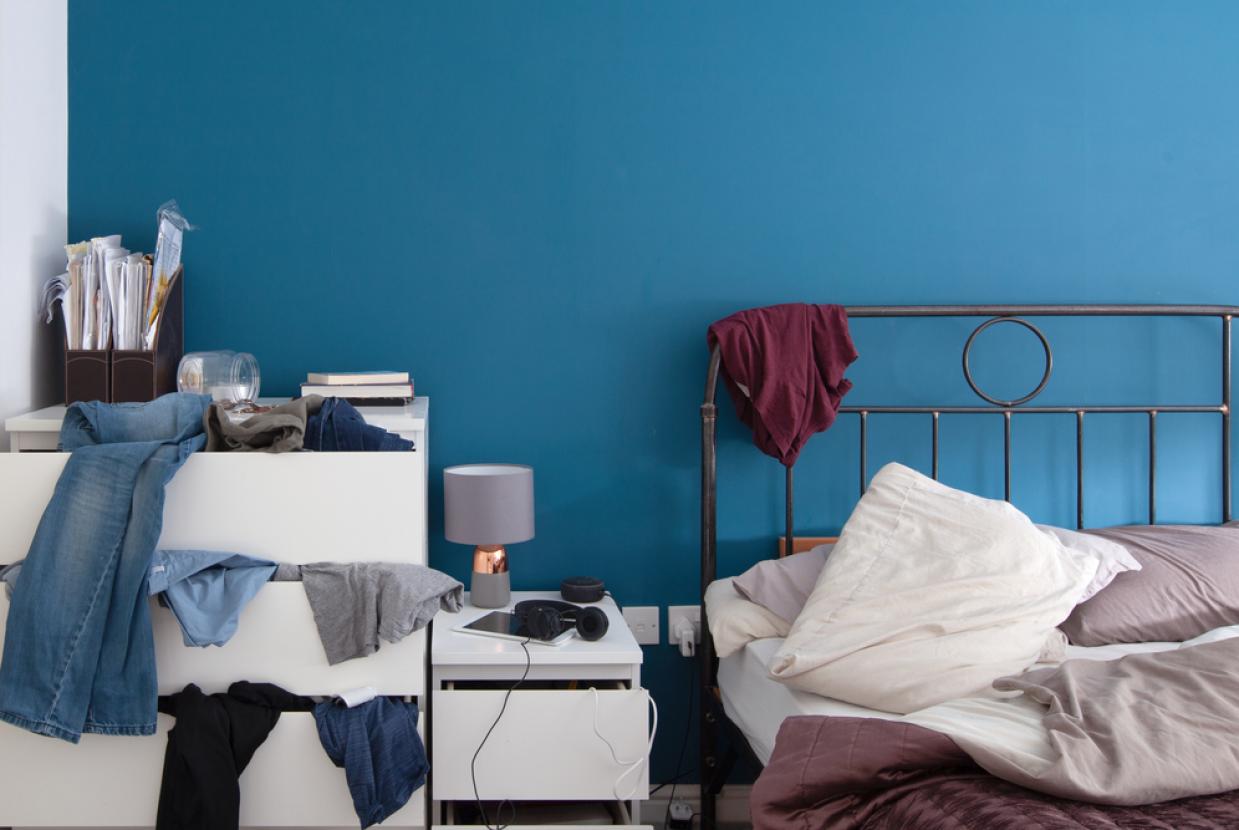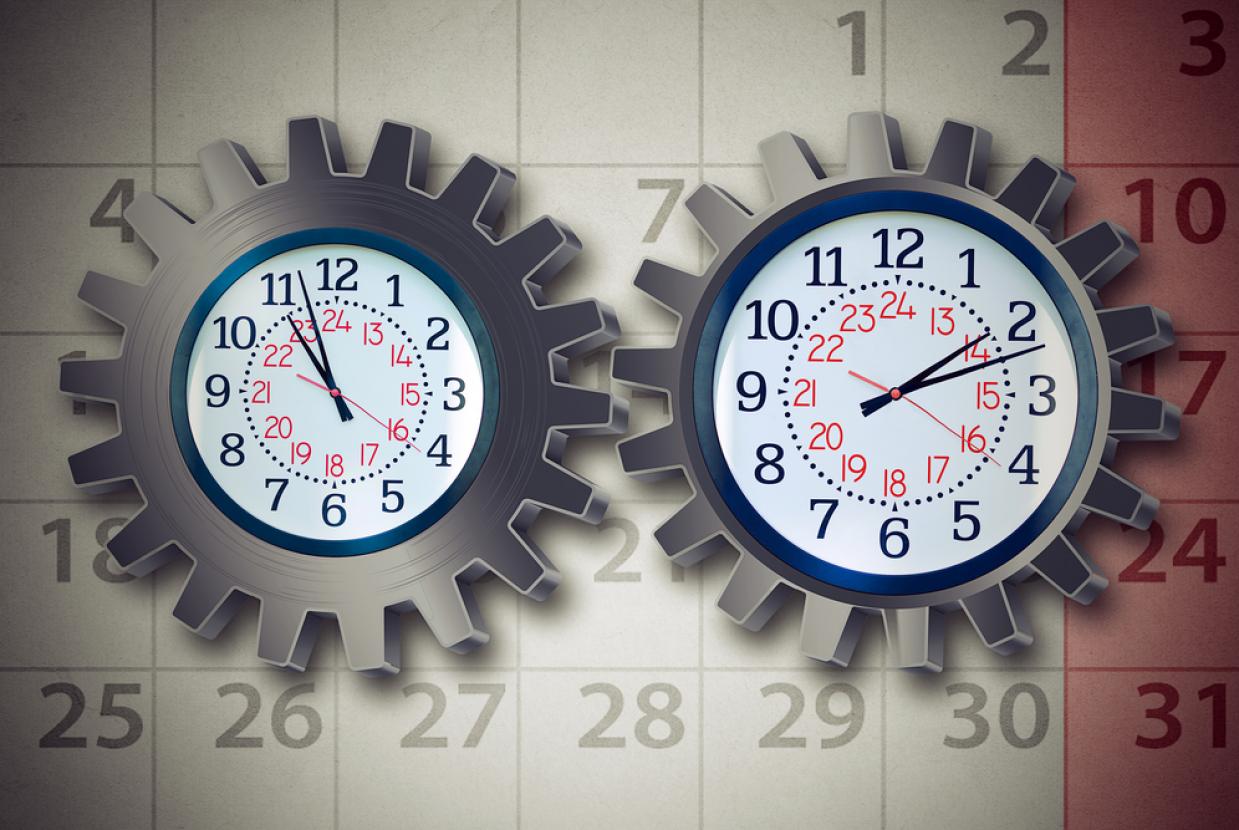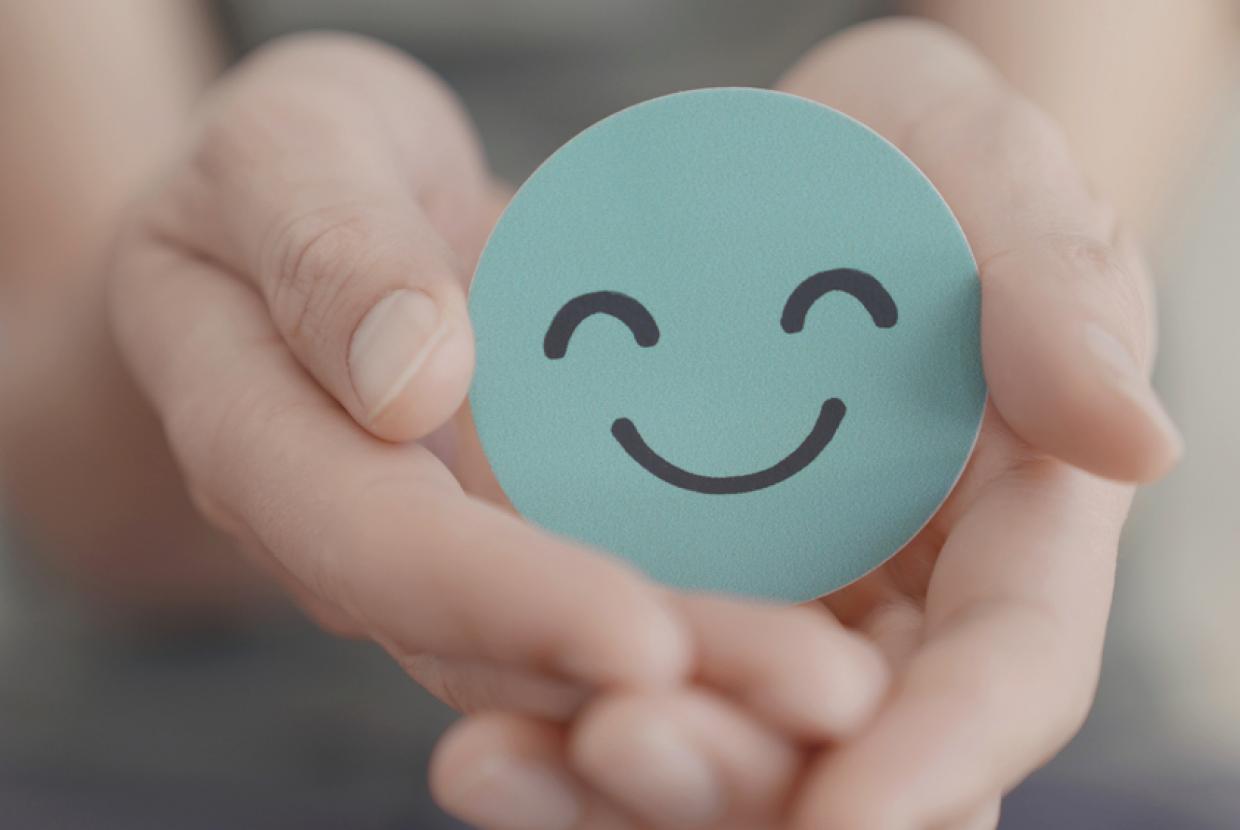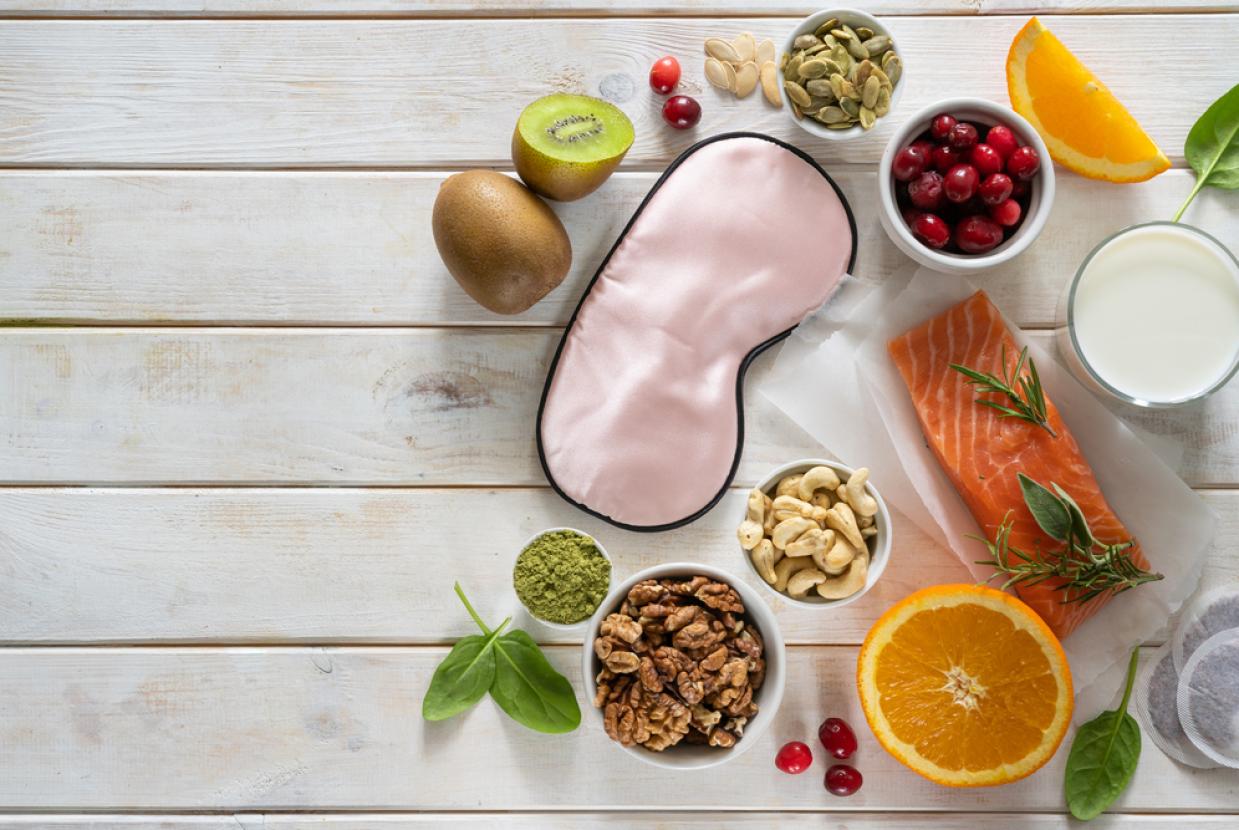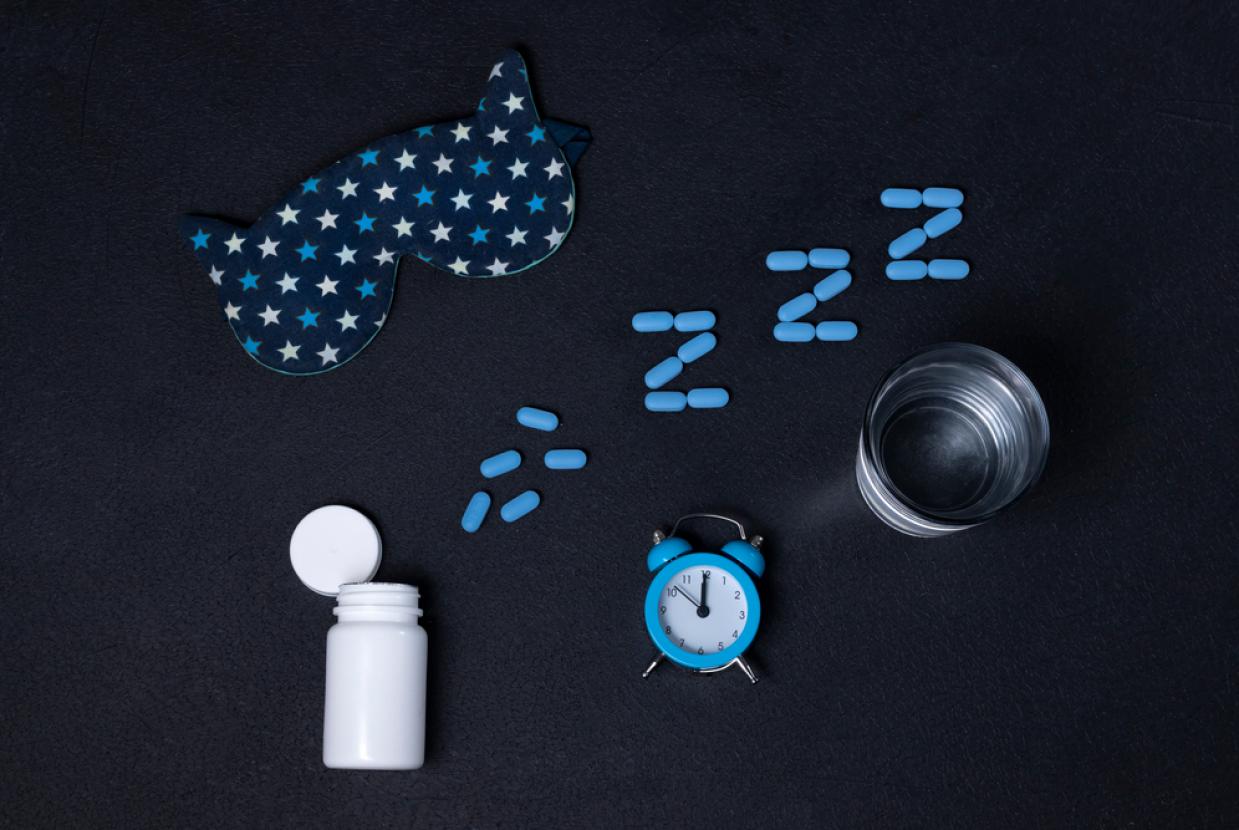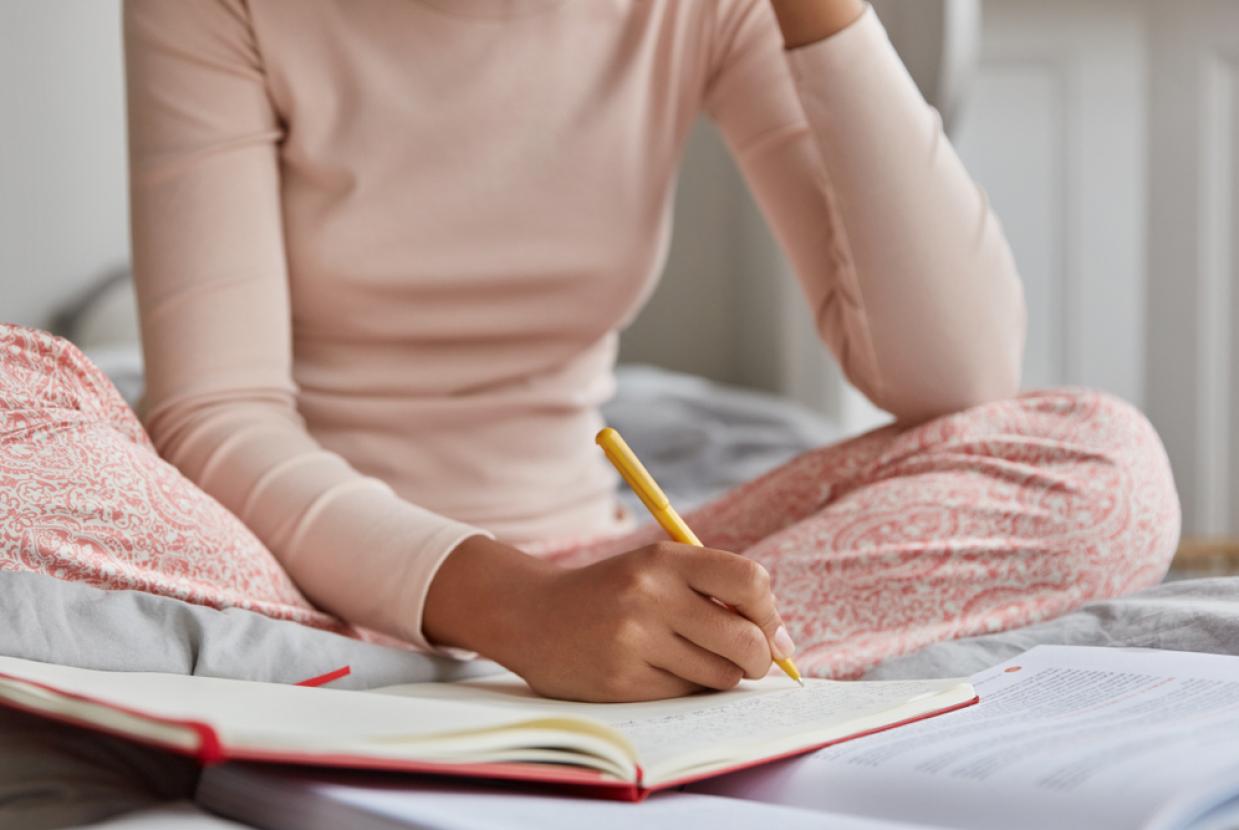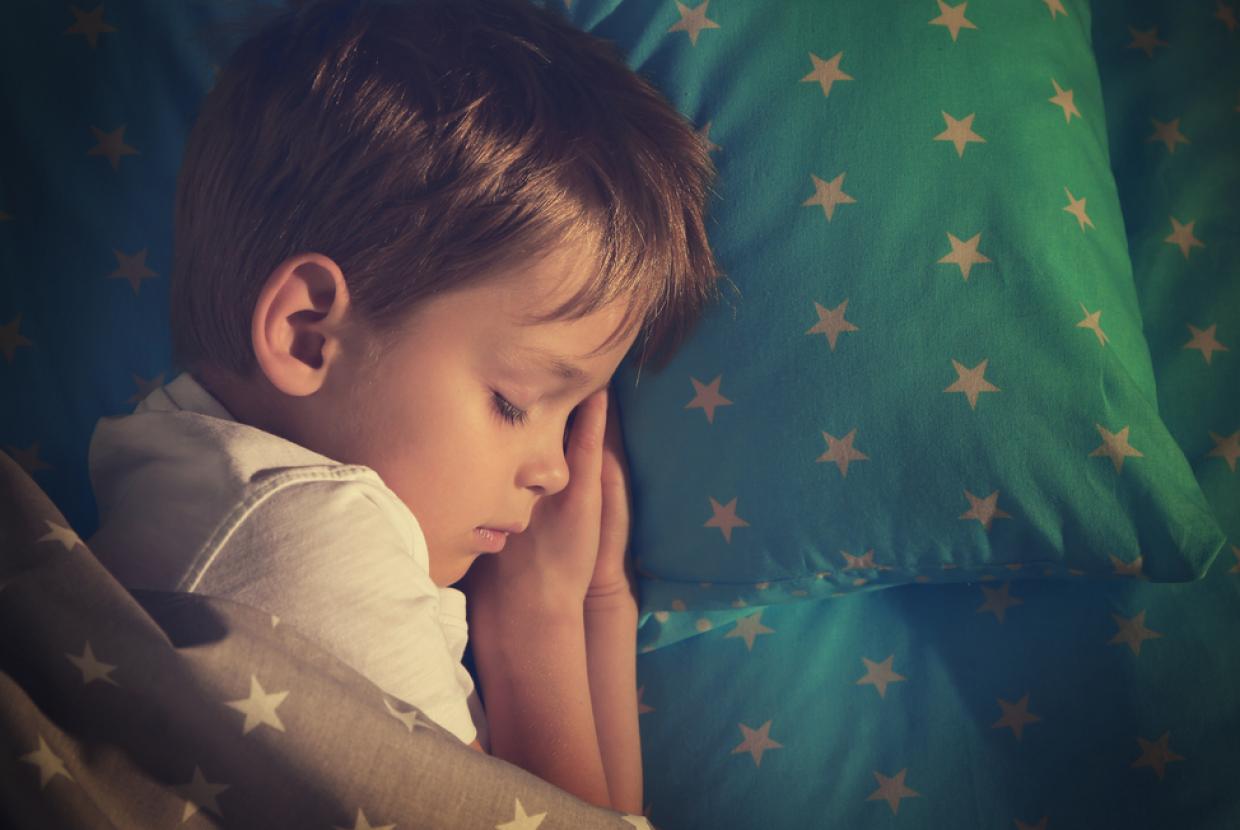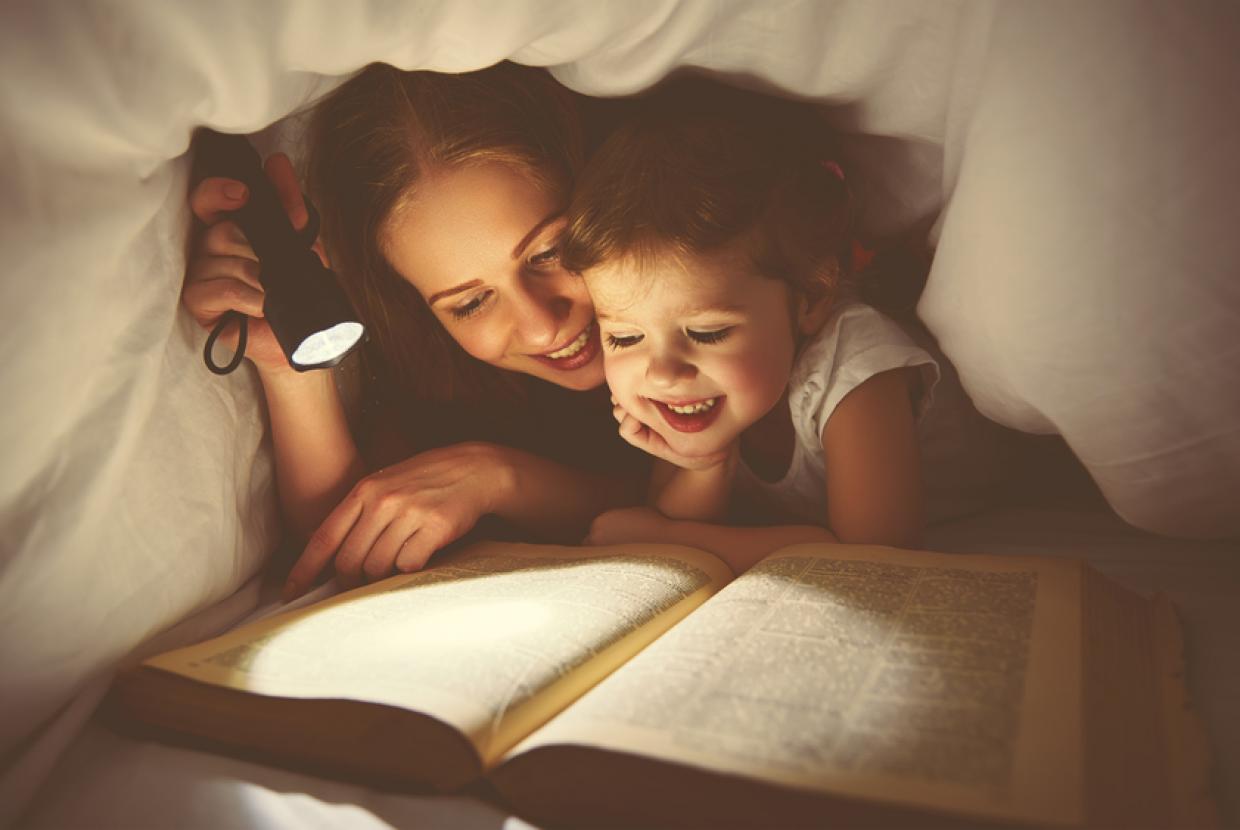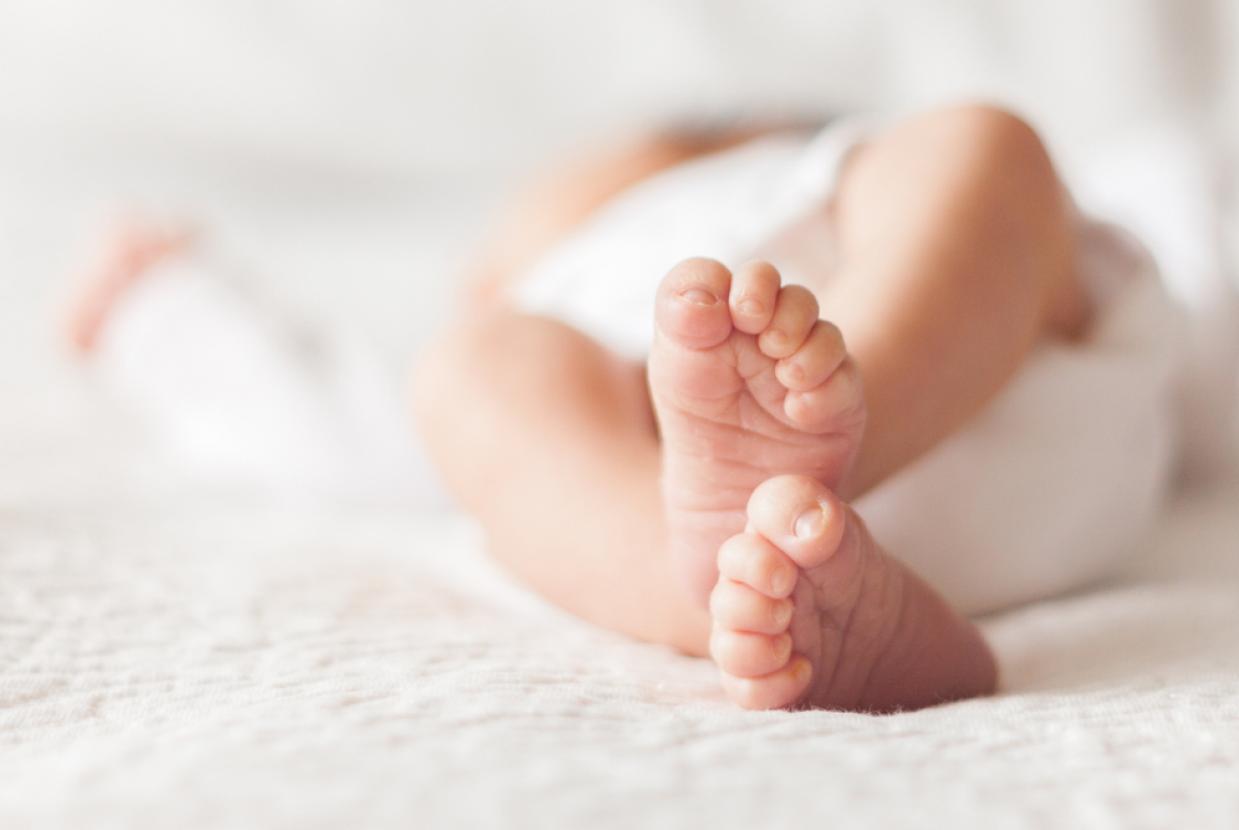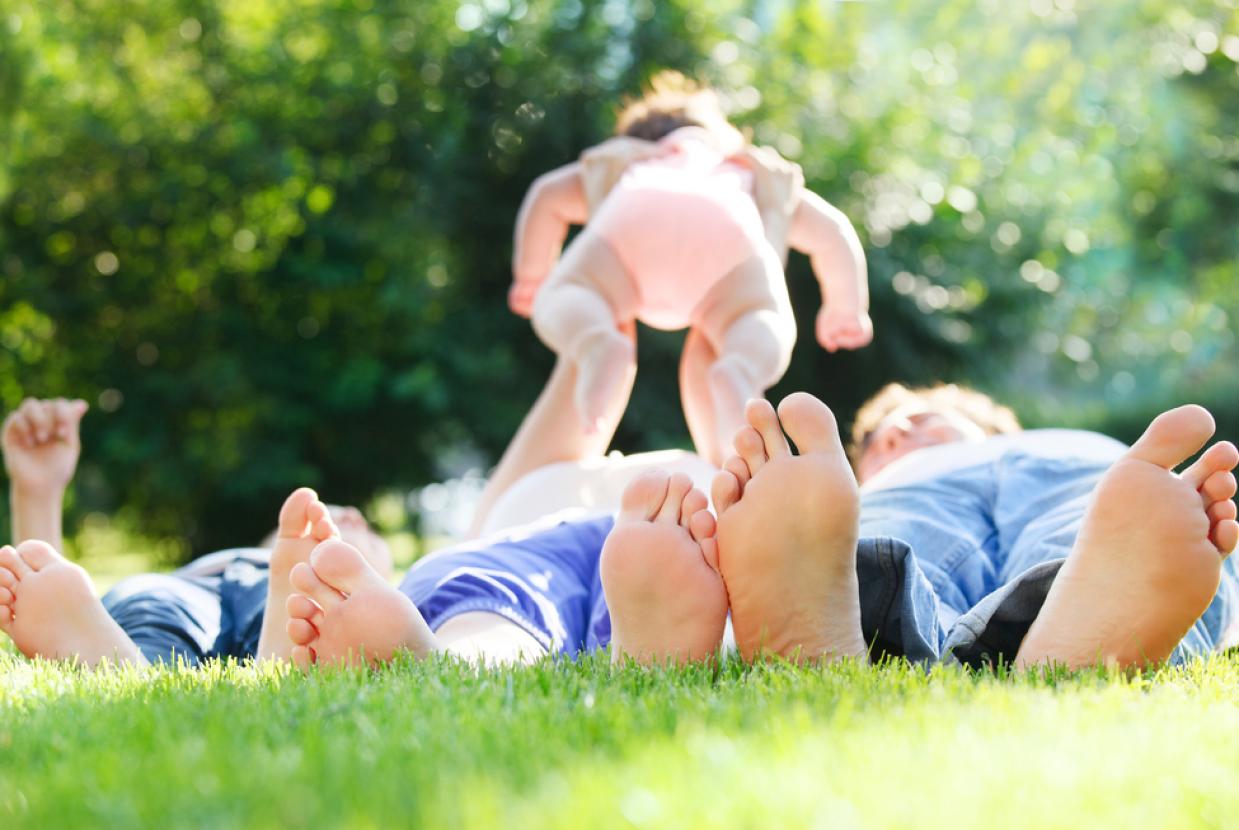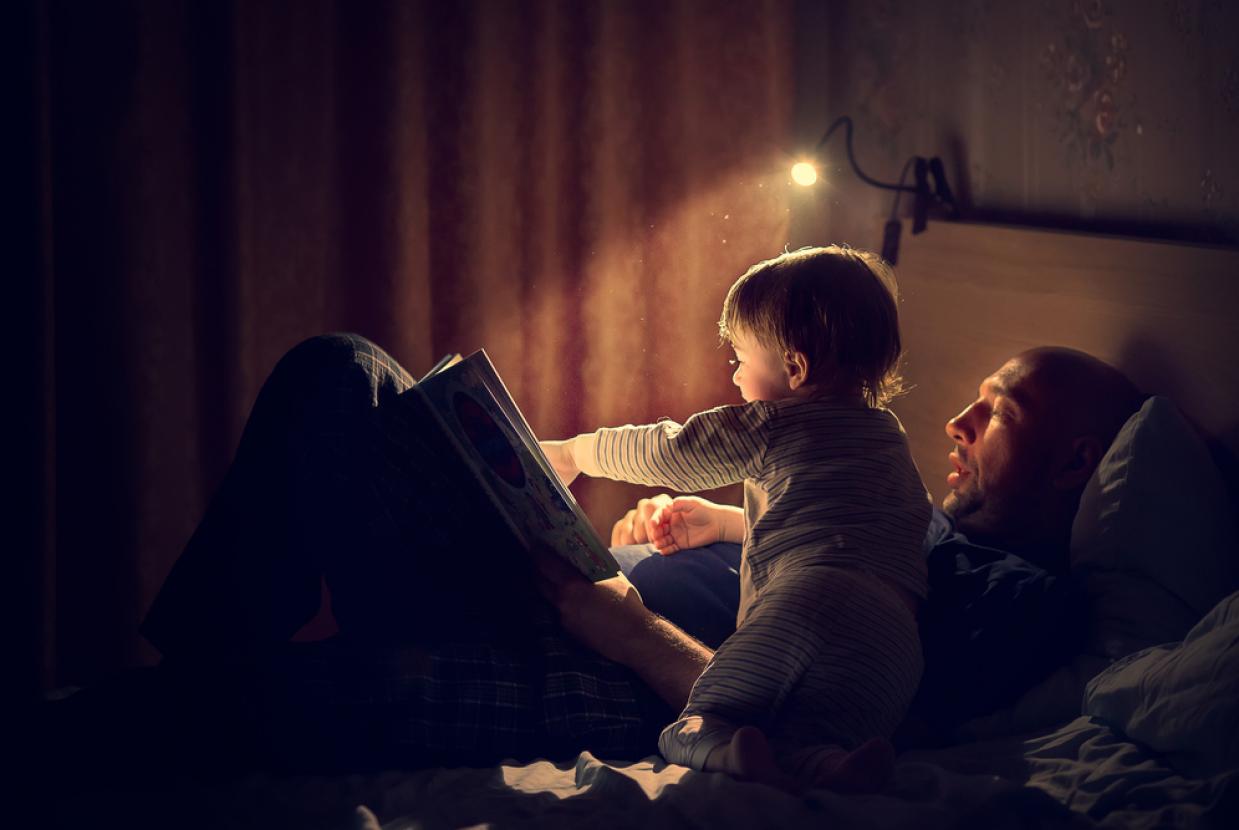Sleeptember: New Parents & Sleep
Sleeping BetterAsk any new mum or dad want they want and the answer will be a good night’s sleep! Fragmented sleep for weeks, if not months, following the birth of a baby can leave new parents feeling bad tempered, tearful, forgetful and depressed.
We need a good quality night’s sleep to function at our best and most of us need a good seven to eight hours of solid sleep a night. New parents who are waking frequently are in danger of becoming too tired to be truly effective. Chronic sleep debt can have a seriously damaging effect on our mental and physical health and research shows that lack of sleep erodes concentration and problem-solving ability.
If you struggle to get back off to sleep after feeding your newborn or tending to a small child, practise some deep breathing techniques or if your mind is buzzing with things to do, write them down.
It may be worth considering investing in dimmer light to avoid bright light waking you up. Also avoid checking your mobile phone – the blue light emitted from these devices can unconsciously play havoc with the body’s circadian rhythms.
If you’re having difficulty sleeping one of the first things to look at is your bedroom. You need the right environment to get a good night’s sleep and that means a bedroom that’s cool, quiet and dark.
Sleep when the baby sleeps (if you can) and make sure you get some ‘me time’ and wind down properly before bed. Take a warm foamy bath, read a book or listen to some soothing music.
There are also other factors that may keep you awake at night.
Fear you won’t hear your baby cry:
Mums tend to be attuned to their baby’s crying and you will hear your baby cry. However if you are concerned you won’t hear them, buy a baby monitor and keep it near you.
Piles of laundry to do:
Accept that some things won’t get done. Housework should take a back seat. Remember it’s more important to sleep and be able to look after your baby’s needs than it is to do the washing or hoovering!
Endless visitors to host:
Everyone wants to visit when you bring your newborn home but be firm and make sure you stagger visitors. Your welfare, and the baby’s, comes first. Use the visitors to your advantage too and accept their offers to help.
Baby blues:
Sleep loss can lead to mood changes, and new mums are at risk for baby blues or the more serious post-natal depression. It’s normal to feel emotional after the initial few days but if you continue to experience these symptoms, talk to your doctor to address them. Mood changes may be made worse by sleep deprivation.
Older children to look after:
If this is your second, third or fourth child, the reality of ‘sleeping when the baby does’ is out of the question. So instead why not factor in some quiet time with your other child/children. It’s a good opportunity to spend some one-on-one time with them doing something a little more relaxing, like reading together.
There are also strategies and tactics you can put into place to help stay awake and alert throughout the day too.
- Sleep when the baby sleeps. A 20 minute power nap can give you as much energy as two cups of strong coffee, but the effects are longer lasting. Twenty minutes is sufficient to turn off the nervous system and recharge the whole body.
- Step outside. Get some fresh air by going for a brisk walk with the pram. It will make you more alert and is a good distraction.
- Listen to music. Perk yourself up by listening to music. Music triggers emotional responses in humans, helping us engage many parts of the brain.
- Exposure to bright light: Preferably, natural daylight. Your body’s internal clock (its circadian rhythms) is regulated by your exposure to sunlight. This means you can trick your body into believing it should be awake even when it feels tired.
- Cool down: Keep slightly cool. Try splashing your face or running your wrists under cold water. Remove layers of clothing so you don’t feel warm and toasty.
- Food faux pas: Avoid high carb or sugary foods that give you that mid-morning/afternoon crash and try not to eat so you’re full. Excess eating leaves you sleepy. Ditch the chocolate and crisps and keep healthy, easy-to-eat snacks around such as nuts, fresh fruit or raw vegetables.
- Stay hydrated: Being dehydrated can make you feel sleepy and dizzy so keep a cold bottle of water to drink close by.
Throughout this phrase, try to remember it won’t last forever. The most important thought to hang on to is that by the age of three months, many babies can sleep at least five hours at a time. By six months, night time stretches of nine to 12 hours are possible!


